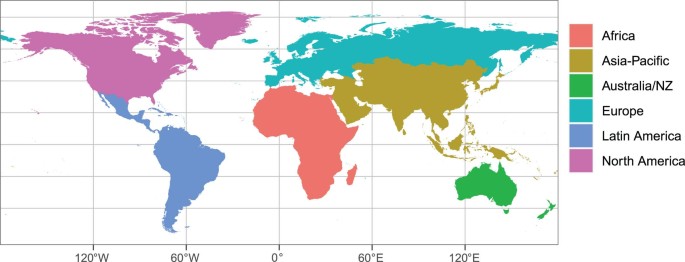
Abstract: "Pollinator decline has attracted global attention and substantial efforts are underway to respond through national pollinator strategies and action plans. These policy responses require clarity on what is driving pollinator decline and what risks it generates for society in different parts of the world. Using a formal expert elicitation process, we evaluated the relative regional and global importance of eight drivers of pollinator decline and ten consequent risks to human well-being. Our results indicate that global policy responses should focus on reducing pressure from changes in land cover and configuration, land management and pesticides, as these were considered very important drivers in most regions. We quantify how the importance of drivers and risks from pollinator decline, differ among regions. For example, losing access to managed pollinators was considered a serious risk only for people in North America, whereas yield instability in pollinator-dependent crops was classed as a serious or high risk in four regions but only a moderate risk in Europe and North America. Overall, perceived risks were substantially higher in the Global South. Despite extensive research on pollinator decline, our analysis reveals considerable scientific uncertainty about what this means for human society."
Read More: https://www.nature.com/articles/s41559-021-01534-9
No comments:
Post a Comment